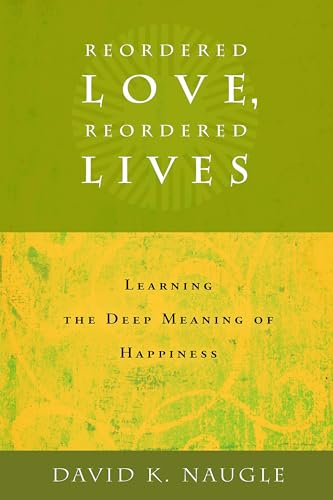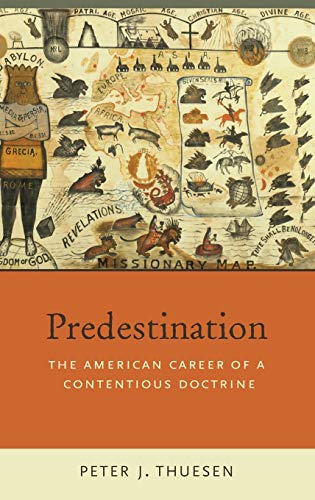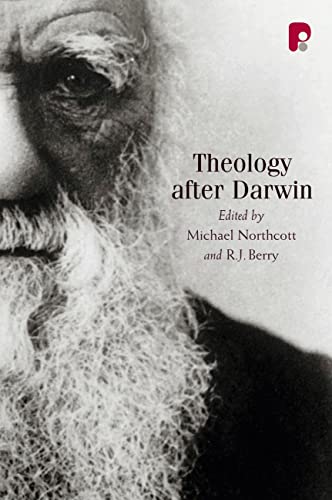The Church and the Surprising Offense of God’s Love: Reintroducing the Doctrines of Church Membership and Discipline
Written by Jonathan Leeman Reviewed By Thomas R. SchreinerUnfortunately, in-depth and biblically faithful books on ecclesiology are rare. Thankfully, Leeman’s book is one of those rare exceptions. Leeman argues that our culture and our theology shape our understanding of church membership and discipline (ch. 1). For instance, our culture prizes individualism and consumerism, which militate against commitment to one’s local church. Individualism dresses itself up as freedom and trumpets equality, but it actually contravenes love since it rejects God’s authority over our lives. Leeman rightly and profoundly argues that church membership commences with repentance, for believers submit themselves to God’s authority.
Leeman also maintains that Scripture must reshape our understanding of love (ch. 2). We define love as unconditional acceptance, thinking that true love makes much of us. But true love is holy love, and the supreme object of God’s affections is God himself. Love is not human-centered but fundamentally God-centered. God’s love must not be reduced to human affirmation, though it is the case that God delights in us. Since God’s love is a holy love and centers on himself, it both repels us and attracts us. It repels us because we are sinners who deserve judgment, and it attracts us because God loves us even though we are sinners and has sent his Son to redeem us from our sins. On the other hand, like Adam we flee from God’s holy love because he also judges us for our sins. We see here one of the reasons for the title of Leeman’s book. God’s love is surprising to our culture not only because of his great love but also because his holy love scandalizes us. We tend to think that love always involves affirmation and never takes the form of a critique. Church membership is off-putting in our culture because we exclude some from the body, and our culture resists drawing such lines.
One of the central themes of Leeman’s work is the need for authority (ch. 3), but we resist authority because we have seen people abuse it so many times. The abuse of authority predisposes us to reject all authority. But as Leeman reminds us, there is no life if God is not our Lord. Authority and love are not polar realities; those who love God live under his authority and submit to his lordship. So, too, the local church has been given authority by Jesus Christ. Yes, this authority may be and has been abused, but such abuse does not negate the truth that believers are to submit to others in the body.
In one of the most important chapters of the book (ch. 4), Leeman explores the nature of the authority that God vouchsafes to the local church. Clearly, Jesus distinguishes between those who belong to him and those who are not truly part of the people of God. Leeman focuses especially on the keys that Christ gave to the apostles and to the church. He argues that God grants the church authority to proclaim the gospel, to certify who belongs to the people of God, to build up fellow-believers, and to exclude those who are not genuinely believers. I think Leeman’s exegesis is on target here, and so it follows that the church exercises (not infallibly of course) Christ’s authority on earth. It is unbiblical, then, for a believer to belong to a church without submitting to the authority of the local church. Incidentally, Leeman regularly acknowledges that there are exceptions, that churches may act unspiritually, and that there are times to disagree with a church’s authority. He does not grant carte blanche authority to the church. Nevertheless, most of us are well aware of such exceptions. What is novel to our culture is that God calls us to submit to the local church.
What does love look like? How is it expressed? Leeman maintains that love is covenantal (ch. 5). Clearly, the covenant is a major theme in the Scriptures. In the new covenant, which is a better covenant, God transforms his people internally through Christ and by the Spirit so that his law is written on their hearts and they all know the Lord. Believers express the covenant love of God the relationship they enjoy and form in local churches. The church tangibly expresses God’s covenant love, consisting only of covenant members.
What does it mean in the here and now to be covenant members of the same church (ch. 6)? Leeman acknowledges that cultures vary and so we must resist a simplistic one-size-fits-all pattern or program. Still, we must look for commonalities in the Scriptures, for the work and task incumbent on every church. Churches must be comprised of those who are believers, of those who give a credible witness to the faith, so that the church is not amalgamated with the world. Hence, the church should undertake its ministry in a way that is faithful to Christ crucified and risen. Christ has given it authority to discern (not infallibly!) genuine believers and to exclude those who resist Christ’s rules in their lives. The church must guard the gospel doctrinally (what is the gospel?) and personally (do the members of the church affirm the gospel?). How many today think that such boundaries are the opposite of love! But Leeman rightly reminds us that it is precisely the opposite. True love always conforms to the gospel.
Finally, Leeman considers the relationship between submission and love (ch. 7). True love serves others and does not pursue selfish desire (Gal 5:13–15). Godly church leaders do not rule imperiously but shape the church with the gospel of Christ, trusting the Spirit rather than the flesh to change people. Still, church leaders have authority, and Christians should be inclined to submit to the wisdom of fellow believers. Such submission is not meant to quash our personalities but make us more like Christ. Naturally, there are situations where Christians should not submit, where a wrongful authority is being exercised, and in such instances believers should humbly dissent.
I hope Leeman’s book is not ignored or just put on the shelf. It is a vital word for our times. It is culturally insightful and biblically and theologically faithful, pointing us to what it means to be members of the church. God’s love is surprisingly offensive and yet, as Leeman shows, it is surprisingly comforting and strengthening to live under Christ’s authority as it is manifested in local churches.
Thomas R. Schreiner
Tom Schreiner is James Buchanan Harrison professor of New Testament interpretation at The Southern Baptist Theological Seminary in Louisville, Kentucky.
Other Articles in this Issue
Most of us, I suspect, develop fairly standard ways, one might even say repetitive ways, to appeal to the motivations of our hearers when we preach the gospel...
How to Write—and How Not to Write—A Review: An Appreciative Response to Reviews of Ancient Near Eastern Themes in Biblical Theology by Dempster and Edgar
by Jeffrey J. NiehausI want to thank Themelios for the unusual opportunity to interact with two reviewers of my book Ancient Near Eastern Themes in Biblical Theology...
Parallels, Real or Imagined? A Review Article of Jeffrey J. Niehaus, Ancient Near Eastern Themes in Biblical Theology
by William EdgarWhen I came to Westminster Theological Seminary in Philadelphia as a young student in the 1960s, two things struck me...
Why Evangelicals Should Ignore Brian McLaren: How the New Testament Requires Evangelicals to Render a Judgment on the Moral Status of Homosexuality
by Denny BurkIn 2006 on Christianity Today’s leadership blog, Pastor Brian McLaren urged evangelical leaders to find a “Pastoral Response” to their parishioners on the issue of homosexuality...
A Member of the Family or a Stranger? A Review Article of Jeffrey J. Niehaus, Ancient Near Eastern
by Stephen DempsterWe cannot overstate how important knowing the context is for understanding the significance of any communication, whether that is a simple word, sentence, paragraph, larger text, sign, photograph, or cultural cue...







